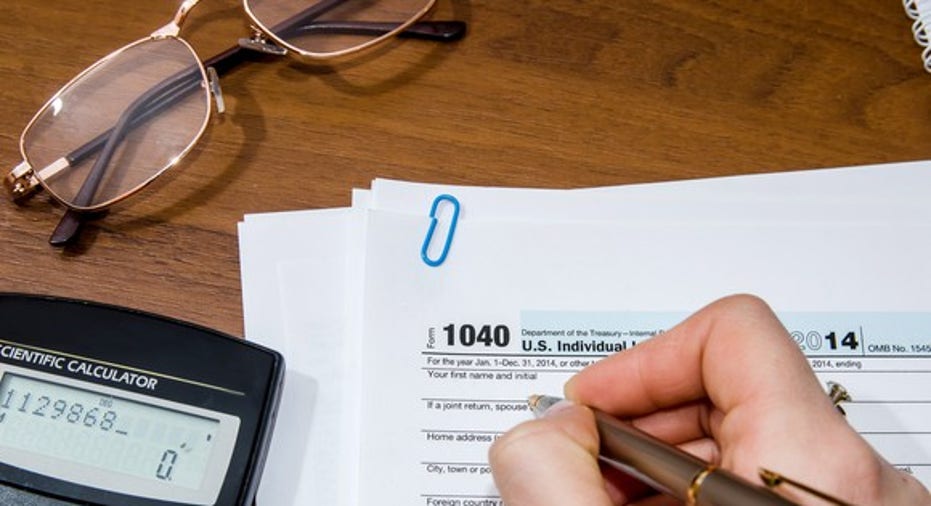What Happens if My Tax Return Is Late?

It's estimated that 7 million taxpayers fail to file a tax return each year. While getting a tax return in late is better than neglecting to file one at all, it's still far from ideal. If you're approaching the upcoming federal deadline feeling completely unprepared, you may be wondering: What happens if I'm late filing my taxes? The answer to that question, however, depends on whether you owe money on your taxes or not.
Penalties for filing a tax return late
If you don't owe the IRS money and are late submitting your tax return, here's some good news: You won't face a penalty for filing your taxes past the deadline. But if you do owe the IRS money, it's a whole different story. Miss the deadline, and you'll face a late filing penalty equal to 5% of your unpaid tax bill for every month (or partial month) your return is late, up to a maximum of 25% of what you owe. That penalty will start to accrue the day after the tax filing deadline, which, for this year, is April 18, so if you owe a lot of money, being even a few days late could cost you. Furthermore, if you owe money and file your return more than 60 days after the deadline, you'll face a minimum penalty of $135 or 100% of your unpaid tax bill -- whichever is smaller.
Image source: Getty Images.
Keep in mind that the late filing penalty can be far worse than the late payment penalty --10 times worse, in fact. If you file your return on time but can't pay off your tax bill in full (or at all), you'll face a penalty equal to 0.5% of what you owe for every month your taxes go unpaid, up to a maximum of 25%. So if, for example, you owe $5,000 in taxes and file a return on time but don't pay your bill for six months, it'll cost you $150 in penalties. However, if you owe $5,000 and don't pay or file a return for six months, it'll cost you $1,500. Ouch.
Requesting a tax extension
While filing a tax extension won't give you more time to pay your taxes, it will give you additional time to get them submitted, thus avoiding the higher failure-to-file penalty. If you don't have your taxes ready in time for the April 18 deadline, be sure to request an extension by that date. The IRS typically grants extensions automatically, and that will buy you an extra six months to get your paperwork in order.
Now if you're reading this after the April 18 deadline and are sitting on an unfiled return, your next best bet is to file your taxes as soon as you can and starting making payments on what you owe (or, if possible, pay off your balance immediately). If you need to request a payment plan, you can do so online provided you owe less than $50,000.
Late tax returns and refunds
While there's no penalty for filing a late tax return if you're due a refund, the longer you delay, the longer the IRS gets to keep your hard-earned cash. Now you technically have three years past the tax filing deadline to submit a return for any given year and claim an associated refund, but if you're owed money, you have nothing to gain by procrastinating. As an example, say you're owed $1,000 and you sit on that tax return for three full years. Had you collected that money up front and put it in a savings account paying minimal interest, you would've earned $30 on that refund -- not a life-changing amount, but a useful chunk of cash nonetheless.
Being late with a tax return could have serious consequences if you owe the IRS money, so if you don't think you'll make the deadline, take a few minutes out of your day to file for an extension. Otherwise, the IRS will be more than happy to capitalize on your poor planning by collecting its penalties.
The $16,122 Social Security bonus most retirees completely overlook If you're like most Americans, you're a few years (or more) behind on your retirement savings. But a handful of little-known "Social Security secrets" could help ensure a boost in your retirement income. For example: one easy trick could pay you as much as $16,122 more... each year! Once you learn how to maximize your Social Security benefits, we think you could retire confidently with the peace of mind we're all after.Simply click here to discover how to learn more about these strategies.
The Motley Fool has a disclosure policy.



















